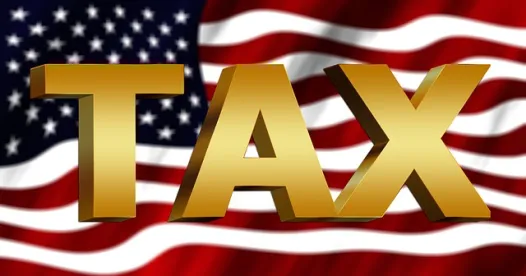On Nov. 9, the Senate released the Joint Committee on Taxation, Description of the Chairman’s Mark of the “Tax Cuts and Jobs Act,” which summarizes the Senate’s version of a “Tax Cuts and Jobs Act” bill (the “Senate Bill”). The Senate Bill does not eliminate nonprofit organizations’ ability to benefit from the issuance of tax-exempt bonds, in contrast to the bill of the same name released by the House Ways and Means Committee on Nov. 2 (the “House Bill”).
The House Bill eliminates the ability of governmental entities to issue “private activity bonds” for the benefit of nongovernmental persons, which includes the bonds (“501(c)(3) Bonds”) that are issued by governmental entities for the benefit of nonprofit organizations. The Senate Bill contains no similar limitation.
The House Bill would not affect 501(c)(3) bonds issued prior to Dec. 31, 2017; however, any “reissuance” for federal tax purposes of those existing 501(c)(3) bonds that occurs after Dec. 31, 2017 would cause those bonds to become taxable if the language in the House Bill is included in any final tax reform legislation.
Both the Senate Bill and the House Bill include provisions eliminating the ability to issue “advance refunding bonds,” which are any bonds issued to refinance existing debt more than 90 days in advance of the redemption date or maturity date of such existing date.
What’s Next?
Any final legislation will require a “reconciliation,” which is a legislative process authorized by the Congressional Budget and Impoundment Control Act of 1974, as amended. This process allows for expedited approvals, requiring only a simple majority vote in each House, with no permitted filibuster. This is the same process that Congress used earlier this year for the attempted repeal of the Affordable Care Act, and was also used to enact the 2001 Bush tax cuts.
Congress must pass a concurrent resolution setting the budget outline for the forthcoming fiscal year in the exact same form by both Houses to be binding. The resolution does not require the President’s signature. The resolutions can contain reconciliation instructions that may require one or more authorizing committees in the House and Senate to produce legislation reducing spending, raising revenue, or increasing spending.
Reconciliation legislation must be reported to the respective House and Senate Budget Committees. In the House, the Budget Committee compiles all of the reconciliation bills into one package, which goes to the Rules Committee for a rule governing floor debate and final action. The rule, once approved by the House, provides for length of debate and any amendments that may be made in order.
In the Senate, the Budget Committee has the same function as the House in receiving reconciliation legislation. However, once the reconciliation bill is ready, it is the Budget Committee that moves the bill to the floor. Under the law, reconciliation bills in the Senate can be debated for up to 20 hours. During that time, any amendments offered, but not disposed of, may be voted on after the 20-hour clock expires.
Once both Houses have acted, they must conference their differences. A conference report moves in the House just as any other legislation. In the Senate, a reconciliation conference report may be debated up to 10 hours, with no permitted filibuster. As an alternative, the House leadership can elect to send the bill back to the House with the Senate amendments.
Congress is under pressure to enact a tax reform bill before the end of 2017. Although the reconciliation process is an “expedited” process, as described above, there are many hurdles that Congress must cross to finalize any tax reform legislation.
While it is impossible to predict the content and scope of any final tax reform legislation, it is a positive sign for not for profit organizations that the Senate Bill does not eliminate future 501(c)(3) bonds, since it leaves the door open to the possibility that any final tax reform legislation agreed to by both houses may retain the ability to issue private activity bonds.







 />i
/>i

